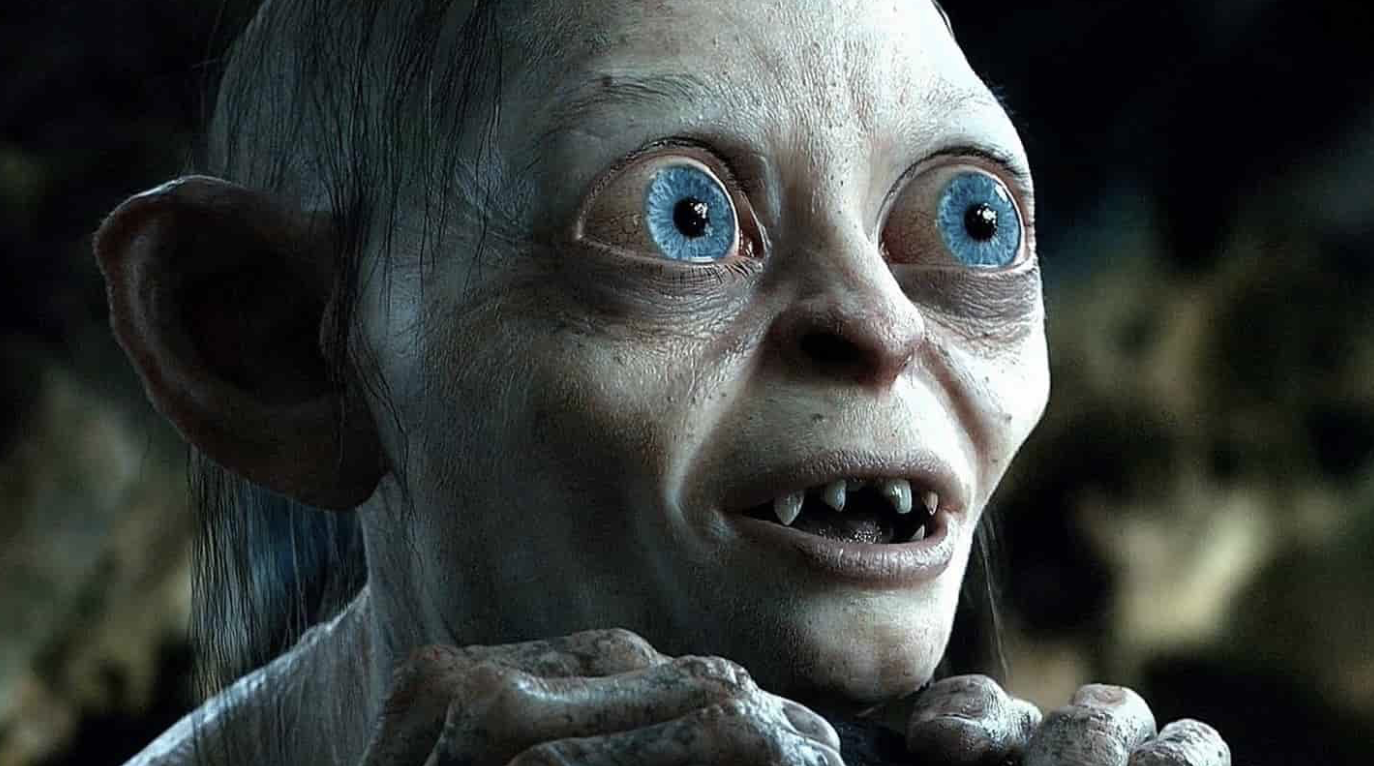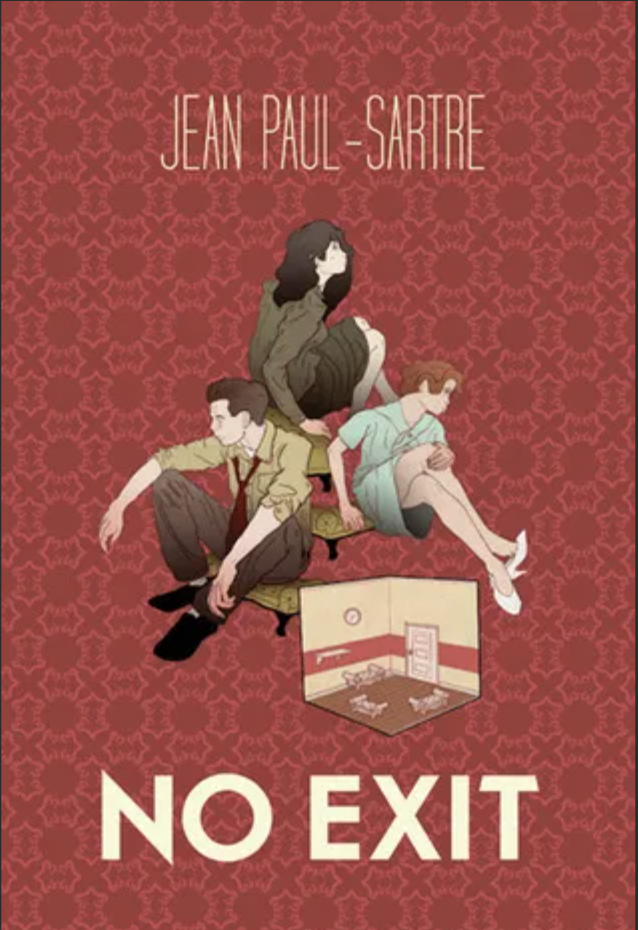
The Gollam effect
One of the great misunderstandings about hell is this:
if such a place (or rather, such a state) exists, how could God allow anyone to end up there?
On this question, I once heard a homily from a priest that made a deep impression on me. He gave two comparisons.
The first was a simple, everyday story. After watching the film Karate Kid, Father John decided that he would become a karate champion. Yet after two days his consistent training fell away, and soon it stopped altogether. And so, the great dream never came true. Just as physical muscles require exercise, so too do the "spiritual muscles." If they are not trained, they begin to waste away. In time, if a person ceases to use them altogether, they shrivel completely, becoming shapeless and weak.
The second image came from Tolkien's novels: the figure of Gollum. We know that Tolkien was a Catholic, and that he sought to reveal deep truths under the veil of story. Gollum began with both body and soul intact and healthy. But by the end of the tale, it is obvious to all: he is not only outwardly deformed, but inwardly as well. By the time the story closes, he has entirely lost the capacity to choose anything other than the object clutched in his hand.
The priest gave the example: imagine Hitler standing before God. What happened then? Did God say, "This is too much! You've gone too far!" and, offended, cast him out of heaven? Many of us, even unconsciously, picture it this way. And in light of God's justice, such an idea seems understandable. Yet in truth, when someone arrives before God in a "Gollum state," he can no longer lift his eyes at all. His gaze is fixed entirely on the treasure in his grasp. He cannot even raise his head to reconsider, for he has long since been drawn into the Vacuum.
The frightening thing in all this is that it happens step by step—little by little, the deformity takes hold.

No one is born this way. It is our daily decisions, day after day, that either strengthen or weaken our spiritual muscles.
In a similar sense, we can see a brilliant description of hell in the film adaptation of Jean-Paul Sartre's No Exit (1962, directed by Tad Danielewski). Spoiler alert! In the film, the door of the room remains open the entire time—and yet, it is never used.

For example, keep these in mind if you find yourself—understandably—unable to accept the very thought of the possibility of hell.